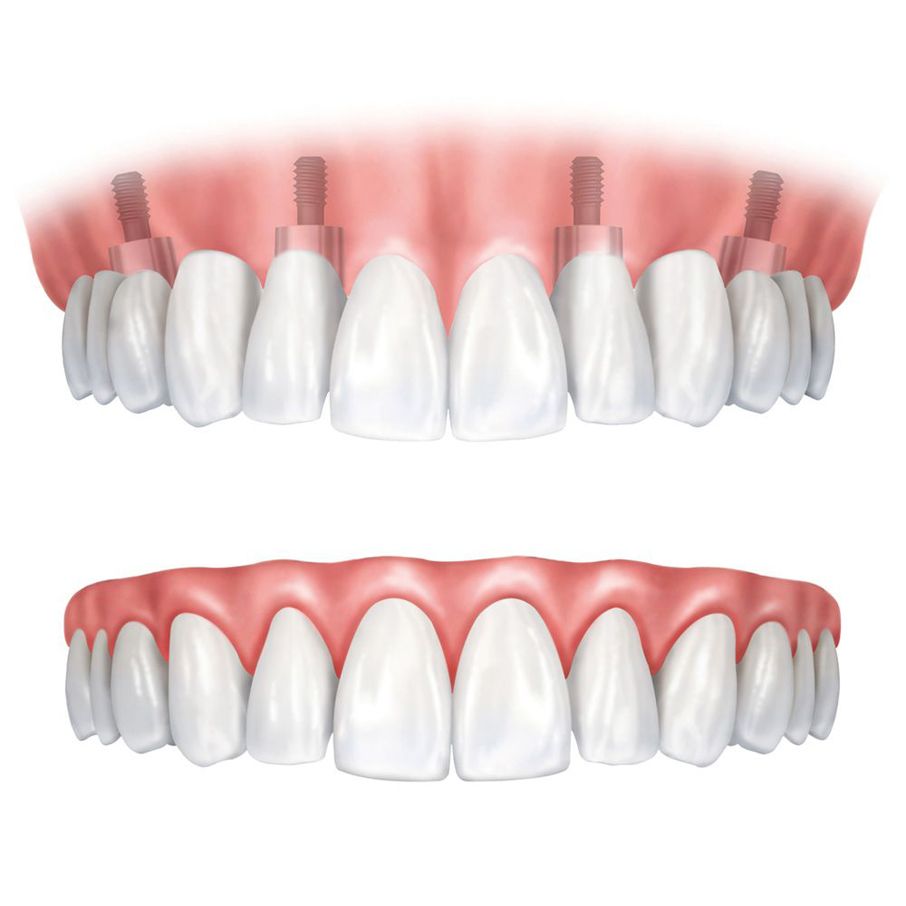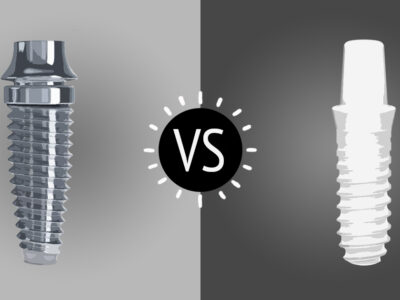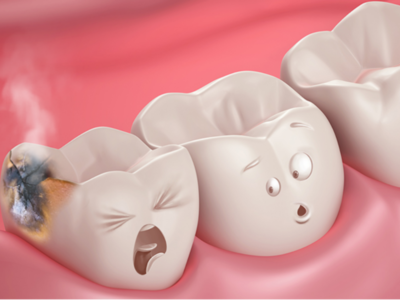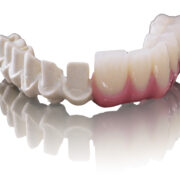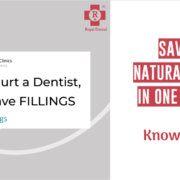A sore throat can be a bothersome and uncomfortable experience, often leading individuals to seek relief through various remedies and treatments. While the common cold and viral infections are frequent culprits, there’s another potential source that might surprise many: a tooth infection. Yes, that’s right – oral health issues can sometimes manifest as throat discomfort. Let’s delve into the fascinating connection between tooth infections and sore throats.
Let’s go into more detail in this blog about the connection between tooth infections and sore throats, including how dental problems can affect the health of your throat and what you can do to treat and avoid them. Now let’s get started and learn everything you need to know about this fascinating relationship.
What is a Tooth Infection?
A dental abscess, sometimes referred to as a tooth infection, is a condition in which a disease caused by bacteria results in the accumulation of pus within the tooth or surrounding tissues. A periodontal abscess or pulpitis, an infection of the tooth’s pulp, can develop in the gums and surrounding bone. Gum disease, cavities, and fractured teeth can all lead to tooth infections if left untreated. Severe toothache, facial or gum swelling, fever, and sensitivity to hot or cold meals are some signs of a dental infection.
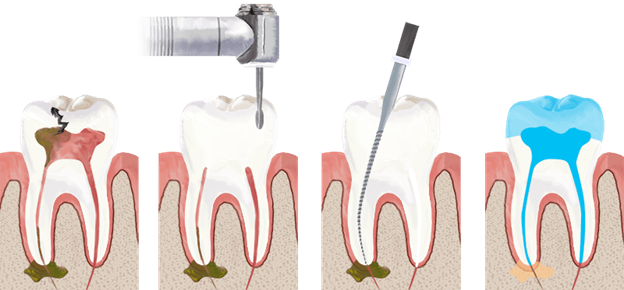
Symptoms of a Tooth Infection
- A constant, throbbing toothache that might travel to the jaw, ear, or neck is one of the main symptoms.
- It is typical to experience facial, cheek, or gum swelling close to the infected tooth. To the touch, the area can seem unpleasant or tender.
- A low-grade fever may occasionally result from a tooth infection, particularly if the infection is spreading.
- There may be an increase in the sensitivity to hot or cold meals and drinks, as well as pressure sensitivity during biting or chewing.
- Pus and germs in the affected area might cause bad breath or an unpleasant taste in the mouth.
Can A Tooth Infection Cause A Sore Throat?
Yes, a sore throat may occur if the infection spreads to the surrounding tissues or if the tooth root is situated close to the throat. One of the primary cranial nerves, the trigeminal nerve, governs the neck and teeth. This means that discomfort from an infected tooth can be perceived as originating in the throat by the brain, leading to the sensation of a sore throat.
How Can a Tooth Infection Cause a Sore Throat?
Bacteria can travel from a tooth or gum infection to the tissues around it, including the throat if it is not treated. This may result in an infection and inflammation of the throat, giving rise to a painful throat. Nerves close by, particularly ones that run to the throat, can become infected with a tooth infection. Referred pain—a painful condition in which discomfort and soreness radiate from the infected tooth to the throat—may result from this. A sore throat may result from the immune system’s reaction to a dental infection. Inflammation and irritation of the throat may result from the immune system’s battle with the virus.
How to Treat a Tooth Infection
Depending on how severe the infection is, there may be multiple processes involved in treating a tooth infection. Here is a general overview of Dr. Chirag Chamria’s tooth infection treatment protocols at Royal Dental Clinics:
Step 1: Accurately diagnosing the tooth infection is the first step. This typically entails a careful examination of the impacted teeth, sometimes with X-rays taken to determine the severity of the illness.
Step 2: Antibiotics are frequently recommended in order to aid in the removal of the illness and stop it from spreading. Depending on the kind and extent of the infection, Dr. Chirag Chamria might recommend a certain medication. The most often prescribed antibiotics for treating dental infections include metronidazole, azithromycin, amoxicillin, and penicillin.
Step 3: Should the infection have infected the tooth’s pulp, a root canal treatment might be required. The diseased pulp is extracted during this treatment, and to stop the infection from spreading, the tooth’s interior is cleaned and sealed.
How Do I Know If My Tooth Infection Has Spread to My Throat?
Your throat may become inflamed, irritated, and painful as a result of a dental infection. Additional indicators that your tooth infection has extended to other bodily areas include:
- Face swelling, redness, or trouble swallowing
- Swelling of the mouth, cheeks, or neck
- Your neck’s swollen or sore lymph nodes
- Fever, rapid breathing, elevated heart rate, persistent dehydration, disorientation, or unconsciousness
Conclusion
In conclusion, because the oral cavity and throat are so close together, a tooth infection can in fact cause a sore throat. Dr. Chirag Chamria stresses the significance of receiving dental care as soon as possible in order to avoid issues like sore throats brought on by tooth infections. In addition to providing immediate relief from tooth problems, visiting Royal Dental Clinics helps improve general oral and tongue health.
All rights reserved by Royal Dental Implants Pvt Ltd., issued in the public interest


